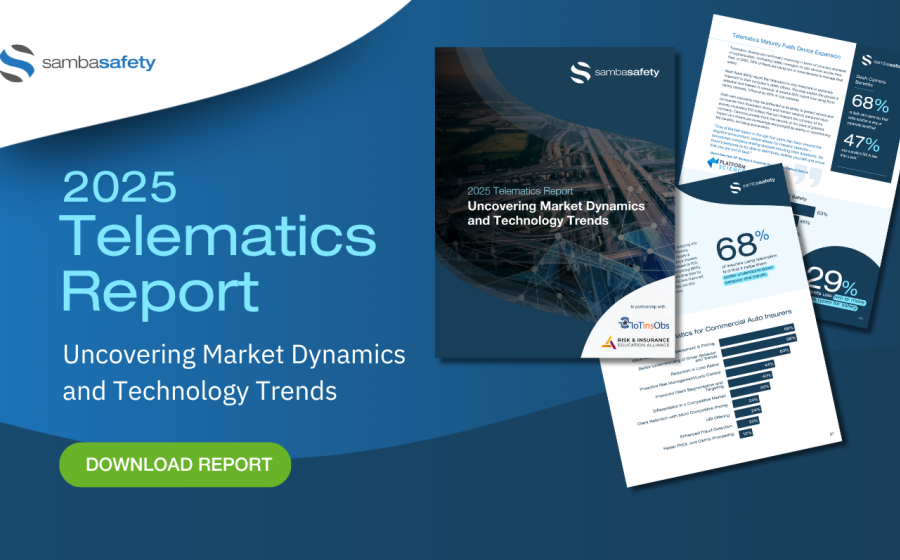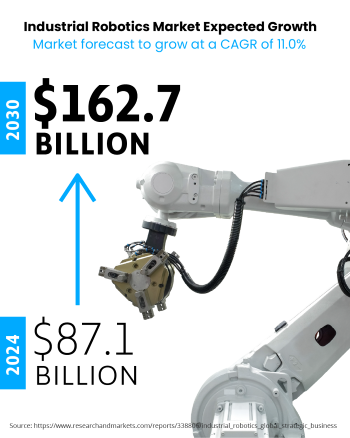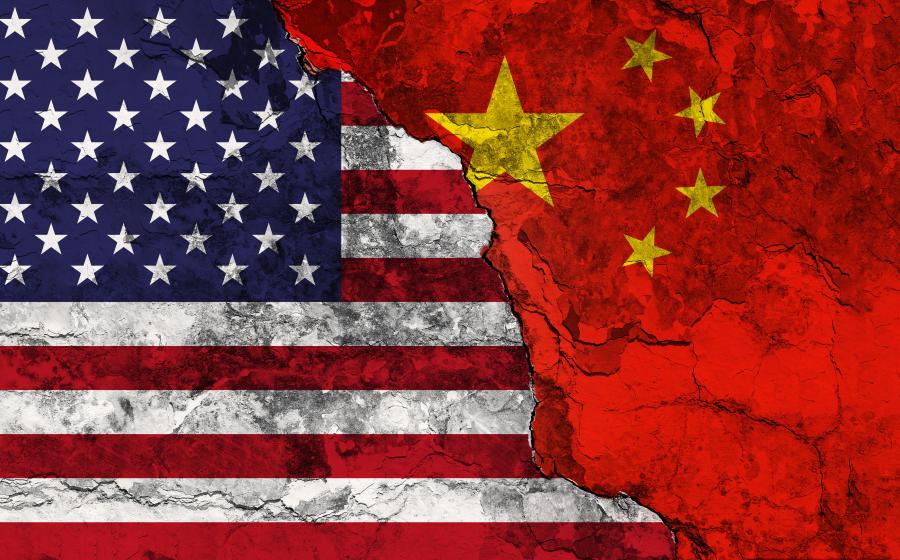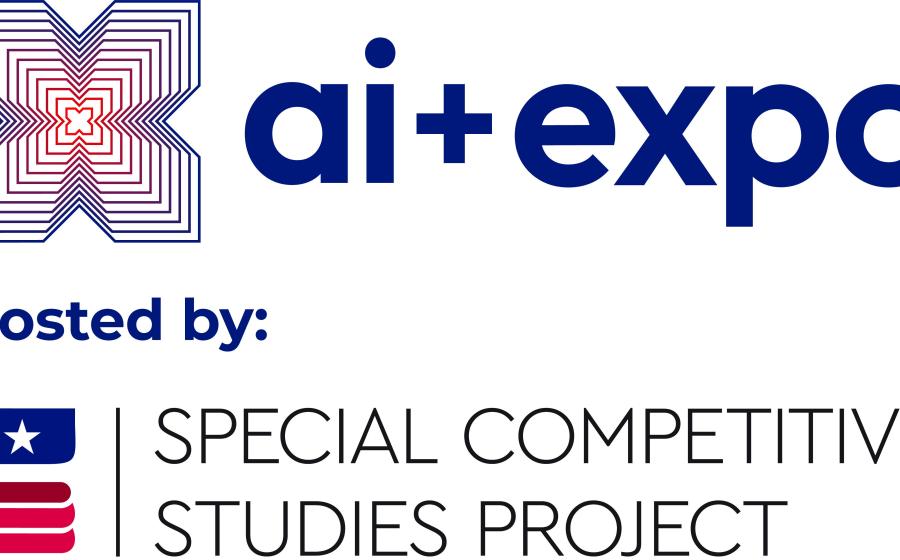2025 Telematics Report Reveals Industry Growing Pains Amid Rapid Tech Adoption
(NewsUSA) - Commercial auto insurance and fleet safety are meeting the demands of modern-day risk management by analyzing telematics, but more work is needed to optimize this information and put it into action in the industry, according to results of a new report from SambaSafety, the leading provider of cloud-based driver risk management solutions.
- Commercial auto insurance and fleet safety are meeting the demands of modern-day risk management by analyzing telematics, but more work is needed to optimize this information and put it into action in the industry, according to results of a new report from SambaSafety, the leading provider of cloud-based driver risk management solutions.
Telematics is used by commercial insurers to capture driving patterns from telematics devices their fleet customer use, such as visibility into riskier driving such as speed, mileage, and braking— empowering insurers to collaborate with fleets on tailored coverage and proactive risk consulting strategies.
The 2025 SambaSafety Telematics Report: Uncovering Market Dynamics and Technology Trends, shows that telematics is front and center in the risk and safety ecosystem, according to SambaSafety CEO Matt Scheuing.
“The current state of commercial auto reflects an industry under strain, but also one on the edge of transformation, with telematics at the center,” said Matt Scheuing, CEO of SambaSafety. “When fleets and insurers connect through shared data and trust, we move closer to a market that prevents losses instead of reacting to them.
“At SambaSafety, we’re closing that gap for millions of drivers through our Risk Cloud, integrating telematics, court, DOT and claims data to deliver actionable insights and targeted training—through our newly enhanced driver app. With our SambaSafety Verified program, we’re also helping insurers identify and reward fleets that actively manage risk. Together, these advancements represent the next step in connecting our customers through shared data, smarter insights and measurable safety outcomes.”
The new report includes survey responses from industries including trucking & transportation, construction, energy, utilities, government, and healthcare. SambaSafety collected responses from 152 individuals from fleets, 180 insurance brokers and 70 insurance carriers, all based in North America, in June and July 2025.
Overall, 88% of fleets reported using telematics for safety reasons, and 95% considered driver training important.
However, the complexity of the data and technical challenges of integration were mentioned often as barriers to using telematics more widely in optimizing insurance.
Nearly two-thirds (66%) of fleets said that “interpreting or acting on the data” was a challenge, and 58% of fleet drivers said that linking drivers to their data remains an operational concern.
Telematics data is reshaping relationships between commercial fleets and insurers, but there is room for improvement in collaboration, according to the SambaSafety survey. Although 41% of fleets reported that use of telematics lowered their insurance premiums, 70% of fleets rarely interact with insurers around telematics, creating a gap in shared innovation and risk reduction. When insurers initiate telematics discussions, fleets report strong partnership in risk reduction—yet 79% of non-engaged fleets say that outreach never happens.
The 2025 SambaSafety Telematics Report: Uncovering Market Dynamics and Technology Trends is available for download. For more information and to access the report, visit sambasafety.com.


 - From safer football helmets to groundbreaking laws that protect inventors, this year’s Intellectual Property Owners Education Foundation (IPOEF) award winners prove that one idea, when protected, can change everything.
- From safer football helmets to groundbreaking laws that protect inventors, this year’s Intellectual Property Owners Education Foundation (IPOEF) award winners prove that one idea, when protected, can change everything.
 - The evolution and impact of AI, especially with respect to national security, is poorly understood, but the explosion of knowledge is unprecedented, according to Dr. Eric Schmidt, chair of the Special Competitive Studies Project (SCSP).
- The evolution and impact of AI, especially with respect to national security, is poorly understood, but the explosion of knowledge is unprecedented, according to Dr. Eric Schmidt, chair of the Special Competitive Studies Project (SCSP).
 - The second AI+ Expo took place in Washington, D.C., from June 2-4, 2025, and served as a stark reminder of the lightning pace of AI development, according to Ylli Bajraktari, president of the Special Competitive Studies Project (SCSP).
- The second AI+ Expo took place in Washington, D.C., from June 2-4, 2025, and served as a stark reminder of the lightning pace of AI development, according to Ylli Bajraktari, president of the Special Competitive Studies Project (SCSP).
 - Robotics and hard‑tech transformation are reshaping the business landscape at an extraordinary pace. What was once confined to research labs and science fiction is now redefining entire industries — from intelligent machines on the factory floor to cyber‑physical systems driving smarter decision‑making in the boardroom. The global industrial robotics market was valued at US $87.1 billion in 2024 and is projected to reach
- Robotics and hard‑tech transformation are reshaping the business landscape at an extraordinary pace. What was once confined to research labs and science fiction is now redefining entire industries — from intelligent machines on the factory floor to cyber‑physical systems driving smarter decision‑making in the boardroom. The global industrial robotics market was valued at US $87.1 billion in 2024 and is projected to reach  No matter how advanced the systems become, human judgment remains irreplaceable. Business isn’t a formula — it’s a dynamic mix of tradeoffs, nuance, and lived experience. Real success still depends on knowing when to question the model, when to course-correct, and when to trust instinct.
No matter how advanced the systems become, human judgment remains irreplaceable. Business isn’t a formula — it’s a dynamic mix of tradeoffs, nuance, and lived experience. Real success still depends on knowing when to question the model, when to course-correct, and when to trust instinct.

 - During Vice President Vance’s visit to India in early 2025, he emphasized the deep connection and shared vision for the future between the two nations, highlighting the need to build together as global partners based on fairness and shared national interests, said Ylli Bajraktari, President of the Special Competitive Studies Project (SCSP), a nonprofit and nonpartisan initiative with a goal of making recommendations to strengthen America's long-term competitiveness in AI.
- During Vice President Vance’s visit to India in early 2025, he emphasized the deep connection and shared vision for the future between the two nations, highlighting the need to build together as global partners based on fairness and shared national interests, said Ylli Bajraktari, President of the Special Competitive Studies Project (SCSP), a nonprofit and nonpartisan initiative with a goal of making recommendations to strengthen America's long-term competitiveness in AI.
 - The Intellectual Property Owners Education Foundation (IPOEF) launched IP Buddy (
- The Intellectual Property Owners Education Foundation (IPOEF) launched IP Buddy (
 - The AI+ Expo, taking place on June 2-4 in Washington, D.C., seeks to spark discussions of ideas and initiatives related to the intersection of AI, emerging technology, and national security.
- The AI+ Expo, taking place on June 2-4 in Washington, D.C., seeks to spark discussions of ideas and initiatives related to the intersection of AI, emerging technology, and national security.
 - The United States was once the global leader in science and technology, but now other countries, notably China, are catching up, in part by leveraging data through artificial intelligence, according to experts at the Special Competitive Studies Project (SCSP), a nonprofit and nonpartisan initiative with a goal of making recommendations to strengthen America's long-term competitiveness in AI.
- The United States was once the global leader in science and technology, but now other countries, notably China, are catching up, in part by leveraging data through artificial intelligence, according to experts at the Special Competitive Studies Project (SCSP), a nonprofit and nonpartisan initiative with a goal of making recommendations to strengthen America's long-term competitiveness in AI.
 - The development of technical standards is an often overlooked, but is an essential element in global technology leadership. The United States must be proactive to develop these standards, in addition to technology research and innovation, to stay ahead of our top competitor, China, according to Ananmay Agarwal, an expert at the Special Competitive Studies Project (SCSP), a nonprofit and nonpartisan initiative with a goal of making recommendations to strengthen America's long-term competitiveness in AI.
- The development of technical standards is an often overlooked, but is an essential element in global technology leadership. The United States must be proactive to develop these standards, in addition to technology research and innovation, to stay ahead of our top competitor, China, according to Ananmay Agarwal, an expert at the Special Competitive Studies Project (SCSP), a nonprofit and nonpartisan initiative with a goal of making recommendations to strengthen America's long-term competitiveness in AI.




